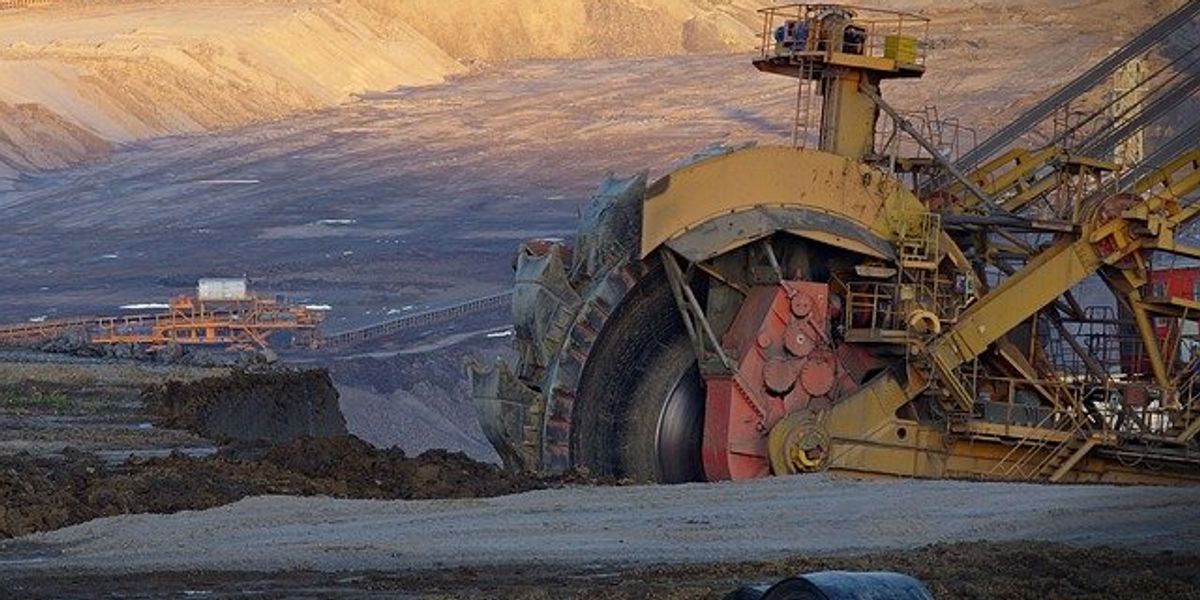vehicles
Plans for hydrogen refueling stations in Alberta face low vehicle demand and unproven net-zero claims
Air Products aims to build a network of hydrogen refueling stations between Calgary and Edmonton, but interest in hydrogen-powered vehicles and net-zero technology remains low.
In short:
- Air Products plans a "hydrogen highway" with multiple refueling stations along Alberta's Queen Elizabeth II highway.
- The network could refuel up to 200 heavy trucks or 2,000 cars daily, though the exact number of stations and their costs are unspecified.
- Current hydrogen technology and demand for hydrogen vehicles are unproven and limited, with low sales in Canada and the U.S.
Key quote:
“Hydrogen must, and will, play a role in solving the climate crisis.”
— Eric Guter, vice president of hydrogen for mobility, Air Products
Why this matters:
Despite promises of hydrogen as a clean energy solution, the production process still emits significant greenhouse gases. In addition, hydrogen vehicles have yet to capture the imagination of the mainstream consumer. The reasons are manifold: high costs, limited availability of hydrogen cars, and a nascent refueling infrastructure that pales in comparison to the well-established network for electric vehicles.
America's growing preference for larger vehicles raises concerns
An alarming rise in the size of American cars is causing environmental and safety issues, with SUVs and pickups now dominating the market.
In short:
- SUVs and pickups, favored by lax policies, now make up more than 80% of new car sales, exacerbating safety risks for pedestrians and increasing carbon emissions.
- Federal policies, including the Corporate Average Fuel Economy standards, encourage larger vehicles by offering more lenient fuel efficiency requirements for "light trucks."
- Recent revisions by the EPA to vehicle greenhouse gas rules aim to address some issues but still allow large electric vehicles to evade stricter emissions standards.
Key quote:
"People like me were saying, 'give carmakers another loophole and they’ll use it. But we lost."
— Dan Becker, former Sierra Club executive
Why this matters:
In addition to safety concerns, this trend toward brawnier transportation puts pressure on fuel economy targets and climate change efforts. While advancements in technology have made larger vehicles more fuel-efficient than they once were, they still lag behind smaller, lighter vehicles in terms of miles per gallon. The result is a transportation sector that could be moving counter to environmental goals, just as the urgency to address climate change intensifies.
In 2021, Cynthia Palmer argued that to tackle climate change and save lives, the Biden Administration needs to support bike- and pedestrian-friendly streets.
Economic implications of new energy rules on electric and gas vehicles
A recent regulation revision by the Department of Energy could significantly impact the production of electric vehicles and the efficiency of gas-powered cars.
In short:
- The Department of Energy’s revision of the petroleum equivalency factor may decrease the estimated fuel economy for electric vehicles.
- This change could compel manufacturers to reduce the production of less efficient gas-powered vehicles to meet fleetwide economy standards.
- The interconnectedness of this rule with other upcoming regulations poses a challenge for carmakers, particularly those producing a broad range of vehicles.
Key quote:
“By maintaining the inflated PEF value [carmakers] are getting today as long as possible, it limits what they have to deploy under CAFE not just in terms of electric vehicle sales, but also in terms of fuel economy of their gasoline-powered vehicles."
— Dave Cooke, senior vehicles analyst at the nonprofit Union of Concerned Scientists
Why this matters:
The DOE's regulatory adjustments may weaken the progress towards greener transportation, directly influencing national efforts to reduce carbon emissions and move toward a sustainable future.
What is the role of electric vehicles in the push for environmental justice?
Hybrid vehicles remain competitive in the evolving electric car market
Amid the growing popularity of electric vehicles, hybrids continue to play a significant role in the automotive industry.
In short:
- Hybrid vehicles are maintaining popularity alongside fully electric vehicles, despite some manufacturers scaling back their production.
- Issues like high costs, maintenance complexities, and charging infrastructure challenges are slowing the widespread adoption of electric vehicles.
- Hybrids offer a practical middle ground, combining electric and gasoline power, potentially aiding in reducing overall carbon emissions.
Key quote:
“Just because an electric vehicle is cleaner than an internal combustion engine-powered vehicle doesn’t mean that it is better to adopt the electric car. Is the goal of the policy to buy electric cars, or is the goal of the policy to reduce emissions?”
— Ashley Nunes, a researcher at Harvard Law School
Why this matters:
Hybrids are important for health outcomes as they can help in reducing carbon emissions, a major contributor to environmental pollution. This trend is vital in the context of national efforts to mitigate climate change and reflects a complex, evolving automotive market where consumer choices and technological advancements are key.
Be sure to read: The role of electric vehicles in the push for environmental justice.
Should you buy a plug-in hybrid car? Here’s what to consider
Government, farmers working together achieve historic reductions in ag emissions
Agricultural vehicles, including tractors and harvesters, have contributed to the San Joaquin Valley's gargantuan air problem. Now they're also part of the solution.
New SUVs are ‘reversing climate progress’ by emitting more pollution than old cars
Charity calls for more taxes on SUVs, making them more expensive to operate which would provide an incentive for consumers to choose greener options.



















